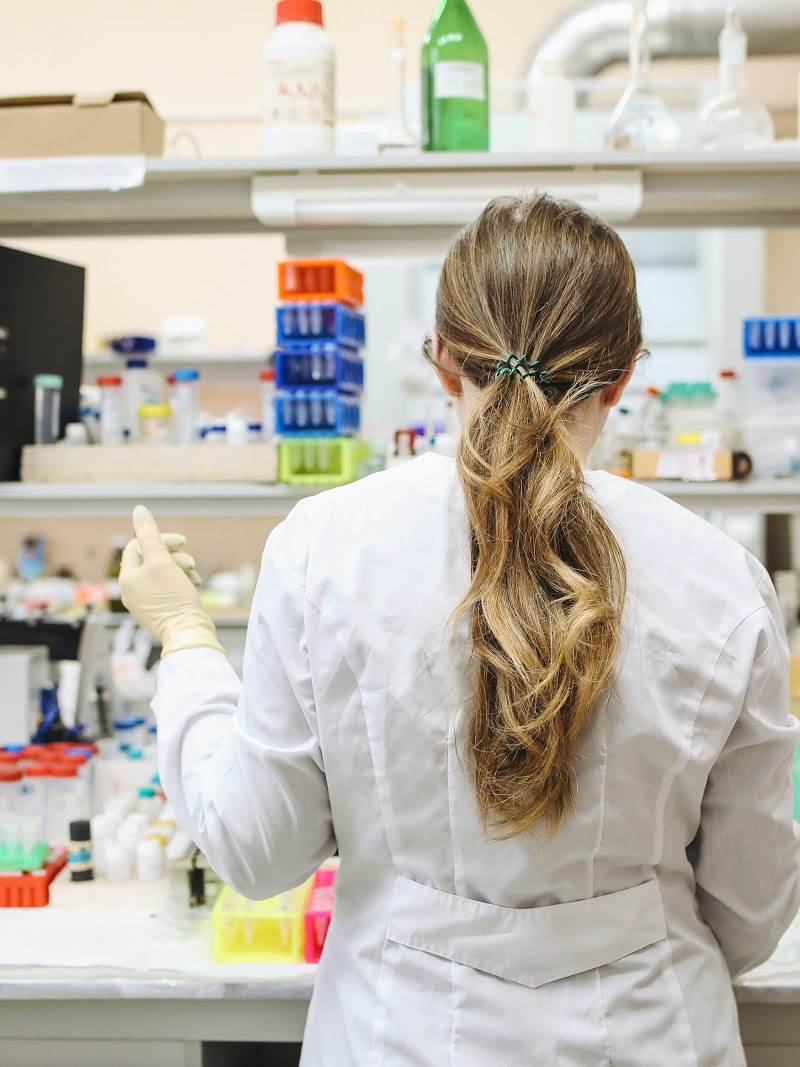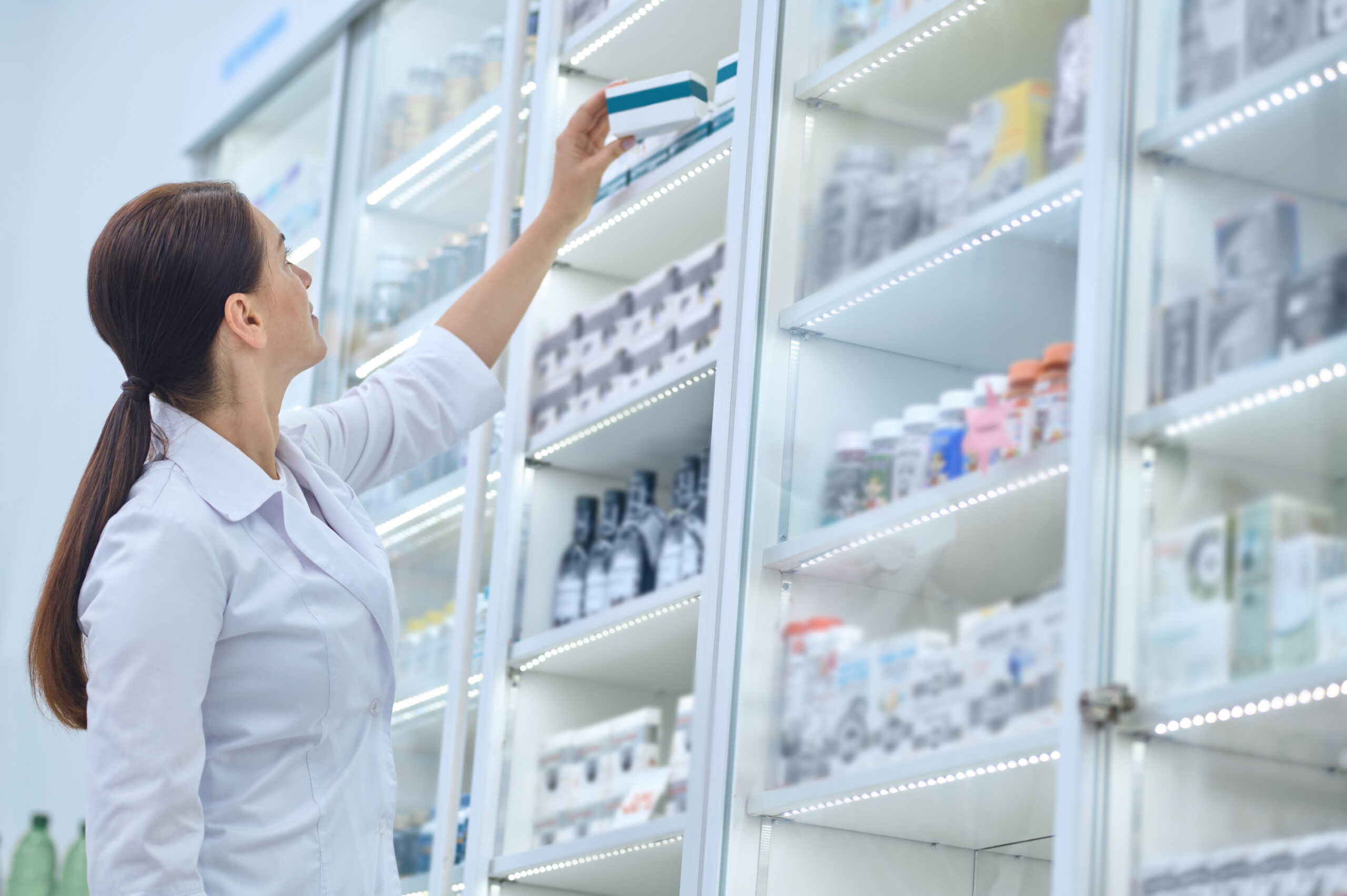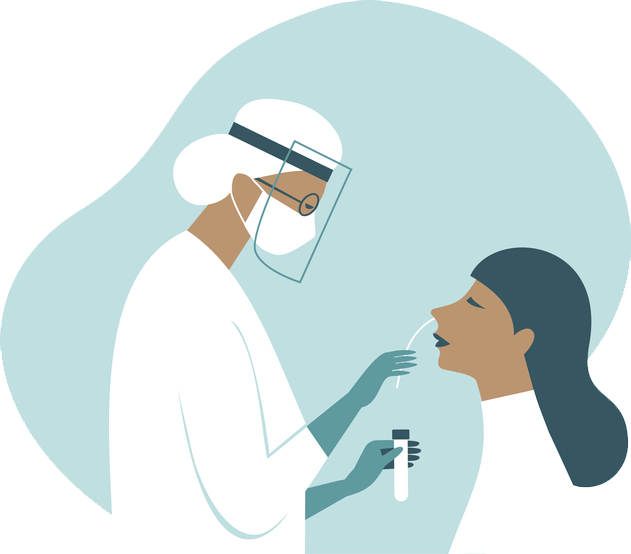Compounding
What is Compounding?
Compounding provides an innovative way for pharmacists to customize medications according to the patients’ needs. The art of compounding utilizes modern medicine while still upholding the pharmacy profession’s roots.
The U.S. Pharmacopeia Convention (USP) defines compounding as the “preparation, mixing, assembling, altering, packaging, and labeling of a drug, drug-delivery device, or device by a licensed practitioner’s prescription, medication order, or initiative based on the practitioner/patient/pharmacist/compounder relationship in the course of professional practice.”
From such a definition, one can deduce that compounding pharmacies can produce unique dosage forms based on patient preferences or restrictions like dye-free, preservative-free, alcohol-free, or sugar-free forms of medications. Many of these medications are specialized pharmaceutical combinations or compounded in a form that is not commercially available.


How do we compounding in HCP?
Compounding is the most central aspect of pharmacy practice. Our pharmacists devote their time and energy to making a wide range of formulations. It may include but is not limited to ointments, gels, syrups, suspensions, suppositories, capsules, and other forms that make medication more manageable, extensive, and highly effective.
Furthermore, compounding pharmacies in HCP communicate with your doctors to ensure that you obtain the proper medication for your specific health needs. Compounded medications are generally safe and effective for most patients who have discussed with their doctors their health condition and the benefits of a compounded medication.
HCP only requires a valid patient-specific prescription for a medication to be compounded and dispensed for your convenience.


